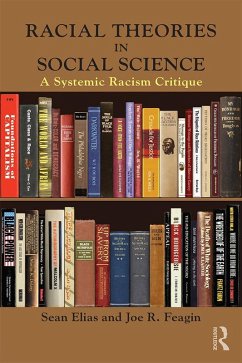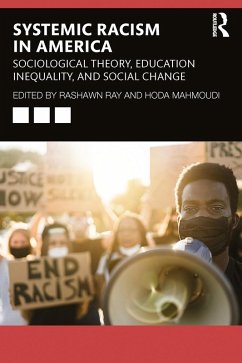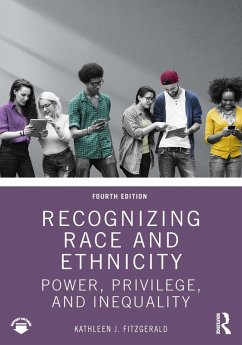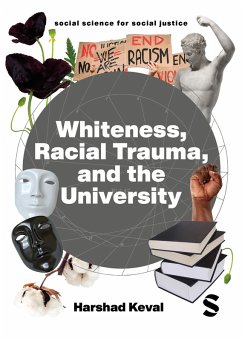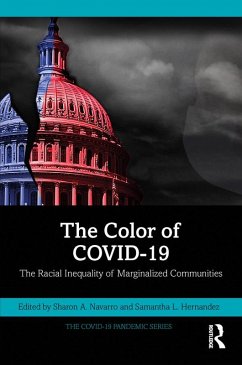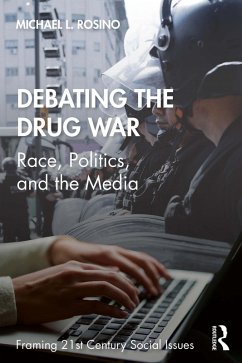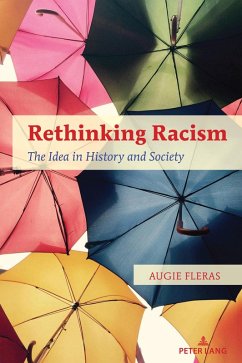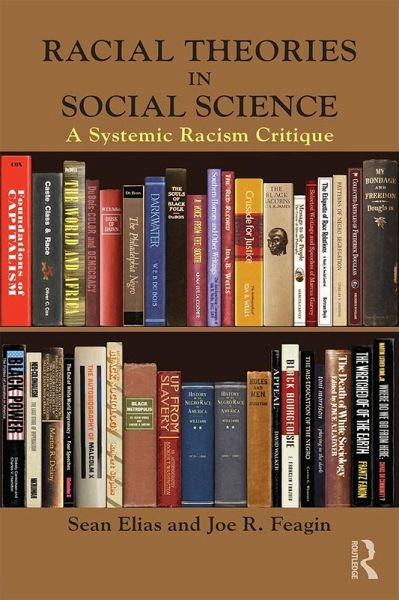
Racial Theories in Social Science (eBook, ePUB)
A Systemic Racism Critique
Versandkostenfrei!
Sofort per Download lieferbar
37,95 €
inkl. MwSt.
Weitere Ausgaben:

PAYBACK Punkte
19 °P sammeln!
Racial Theories in Social Science: A Systemic Racism Critique provides a critique of the white racial framing and lack of systemic-racism analysis prevalent in past and present mainstream race theory. As this book demonstrates, mainstream racial analysis, and social analysis more generally, remain stunted and uncritical because of this unhealthy white framing of knowledge and evasion or downplaying of institutional, structural, and systemic racism. In response to ineffective social science analyses of racial matters, this book presents a counter-approach---systemic racism theory. The foundatio...
Racial Theories in Social Science: A Systemic Racism Critique provides a critique of the white racial framing and lack of systemic-racism analysis prevalent in past and present mainstream race theory. As this book demonstrates, mainstream racial analysis, and social analysis more generally, remain stunted and uncritical because of this unhealthy white framing of knowledge and evasion or downplaying of institutional, structural, and systemic racism. In response to ineffective social science analyses of racial matters, this book presents a counter-approach---systemic racism theory. The foundation of this theoretical perspective lies in the critical insights and perspectives of African Americans and other people of color who have long challenged biased white-framed perspectives and practices and the racially oppressive and exclusionary institutions and social systems created by whites over several centuries.
Dieser Download kann aus rechtlichen Gründen nur mit Rechnungsadresse in A, B, BG, CY, CZ, D, DK, EW, E, FIN, F, GR, HR, H, IRL, I, LT, L, LR, M, NL, PL, P, R, S, SLO, SK ausgeliefert werden.




